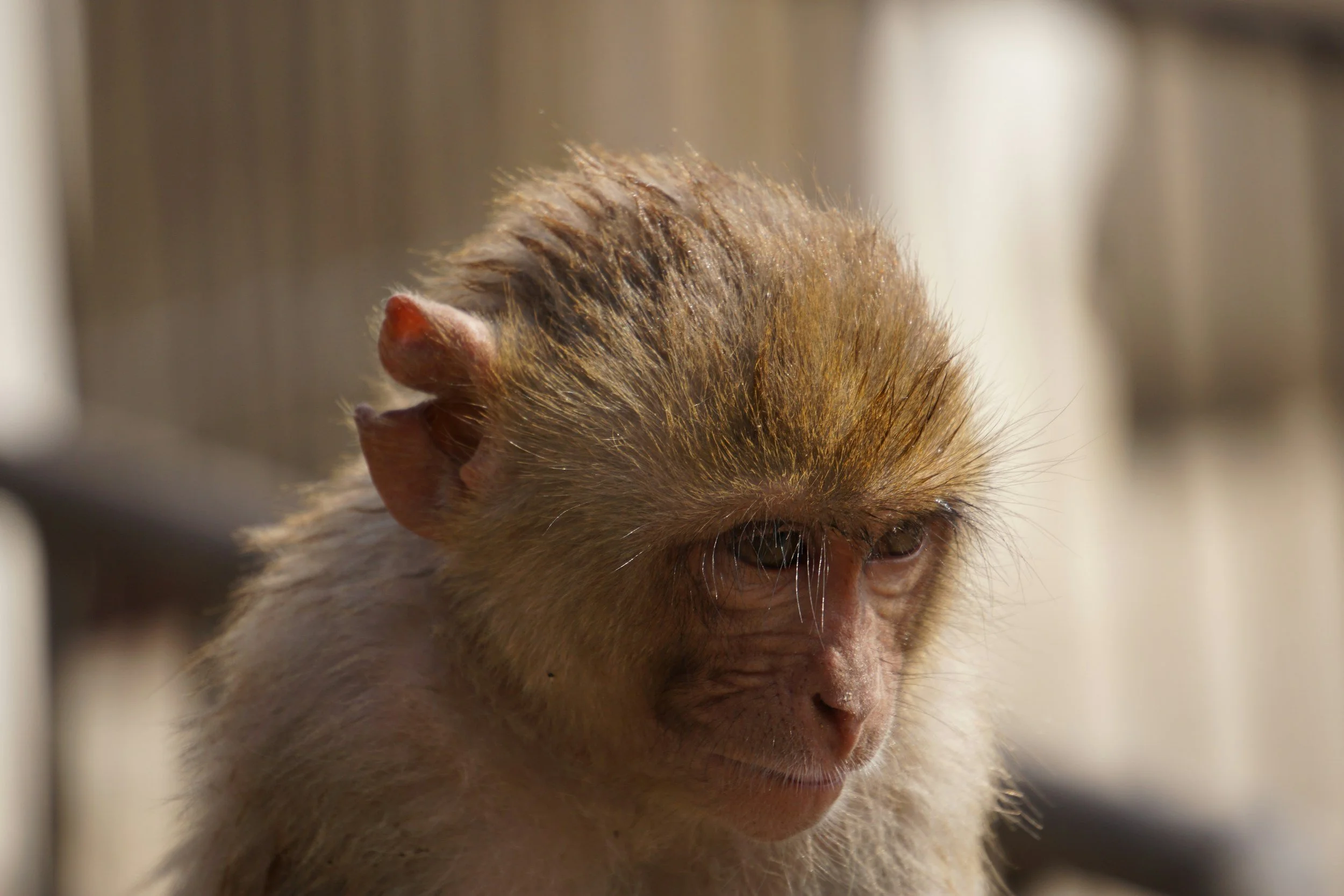Majority of Americans Think Meat and Dairy Consumption Doesn’t Affect Someone’s Impact on Climate Change
The scientific consensus is clear that around 14.5 percent of all human-caused greenhouse gas emissions are due to livestock farming, yet a recent poll shows that public knowledge around meat and dairy’s impact on the climate is dangerously low.
A new poll has revealed that the majority of Americans do not link one’s personal intake of meat and dairy products with one’s personal impact on the climate.
In the poll, conducted by The Washington Post and University of Maryland, a national sample of 1,404 American adults were given a list of a variety of personal actions and asked whether each one would affect someone’s impact on climate change.
“Installing solar panels” for example, was generally perceived as helping with improving someone’s personal carbon footprint, with sixty-two percent saying it would help either a lot or to some extent.
The majority of people said that “recycling” and “driving an electric car” would also help lower someone's impact on the climate.
Opinions on what we eat however, showed that the majority of Americans don’t associate food with having an impact on the environment.
74 percent of those asked said that “not eating meat” wouldn’t reduce someone’s climate footprint.
Another question specifically mentioned “not eating dairy”, and was met with a similar response, with 77 percent of respondents not linking cow’s milk and cheese with climate change.
Why Knowledge of Meat and Dairy’s Climate Impact Is Important
The results from this survey show that just less than a quarter of respondents linked eating meat and dairy with an impact on climate change. That means public opinion does not match the overwhelming scientific evidence that confirms that the food industry - particularly meat and dairy - is one of the key drivers of climate change.
The Food and Agricultural Organization (FAO) estimates that 14.5 percent of all human-caused greenhouse gas emissions are due to livestock farming. These emissions are largely carbon dioxide and methane, which are two of the largest contributors to global warming. Within this statistic, cattle alone are responsible for 65 percent of emissions.
Importantly, climate studies show that reducing our meat and dairy intake or consuming more vegan foods can help lower our impact on the environment. That’s why public knowledge of meat and dairy’s climate impact is so important, because if people know about the problem then they can choose to take steps to help solve it too.
For example, a global shift towards a vegan diet is necessary to combat the worst effects of climate change, according to the United Nations, and research from the University of Oxford shows that going vegan is the “single biggest way” to reduce your impact on the planet.
“A vegan diet is probably the single biggest way to reduce your impact on planet Earth, not just greenhouse gasses, but global acidification, eutrophication, land use and water use”, explained the University of Oxford study’s lead researcher, Joseph Poore. “It is far bigger than cutting down on your flights or buying an electric car.”
However, public knowledge of the impact of a meat- and dairy-free diet seems to be lacking, despite many high-profile campaigns by climate campaigners and wildlife experts like Greta Thunberg and David Attenborough. The latter, famous for his nature documentaries which include Netflix’s recent A Life on our Planet, has urged people to take up more plant-based foods to help prevent humanity’s ongoing destruction of wildlife and the environment. “We must change our diet. The planet can’t support billions of meat-eaters”, Attenborough explains.
Start Your Plant-based Journey:
Every October, Species Unite holds a 30-Day Vegan Challenge to introduce you to the world of being vegan. Each day comes with new, easy recipes and tons of other advice and ideas to make the transition not only attainable but fun.
Swapping animal products in favor of plant-based alternatives does not have to be the sacrifice that people make it out to be, but rather a way to invest in personal health and wellness, while protecting our environment and animals.
We Have A Favor To Ask…
Species Unite amplifies well-researched solutions to some of the most abusive animal industries operating today.
At this crucial moment, with worldwide momentum for change building, it’s vital we share these animal-free solutions with the world - and we need your help.
We’re a nonprofit, and so to keep sharing these solutions, we’re relying on you - with your support, we can continue our essential work in growing a powerful community of animal advocates this year.
More stories:
Species Unite
A collection of stories of those who fight the good fight on behalf of animals.






As plant-based diets gain scientific backing, critics say the meat industry is deploying coordinated tactics to shape public opinion.